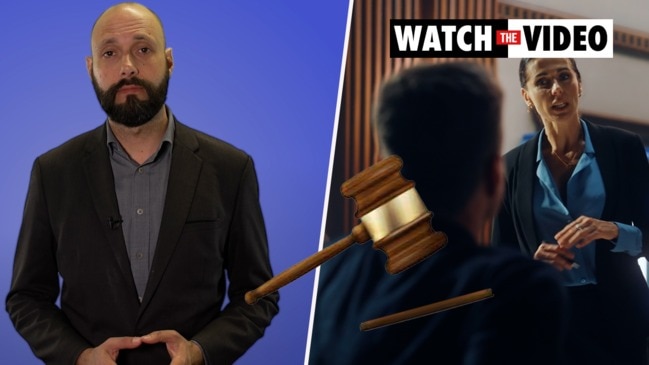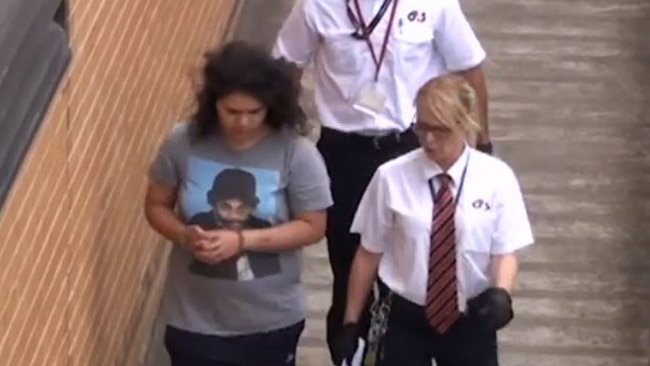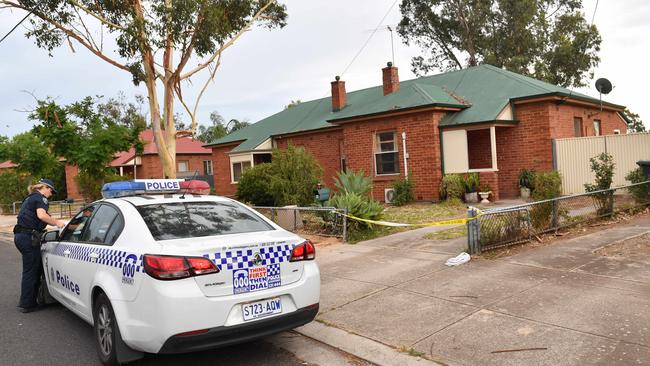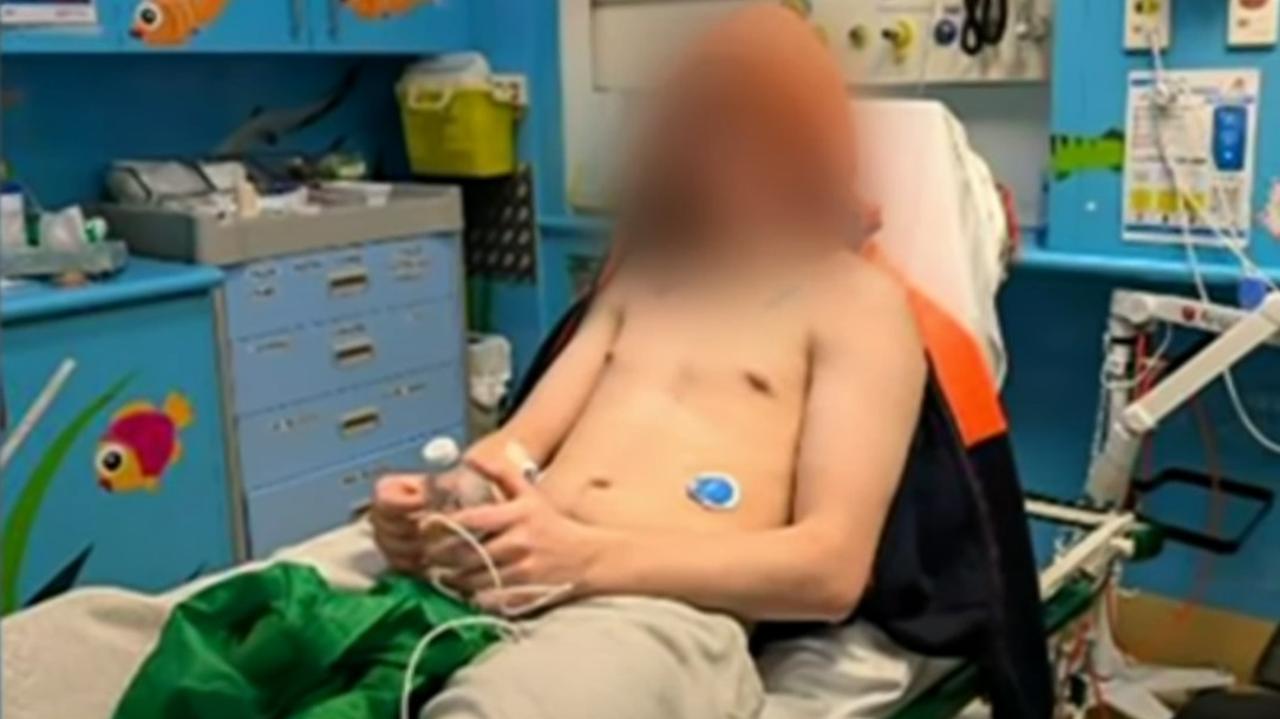Cynthia Ellen Rigney mentally competent at time of November 2018 stabbing, SA court finds, orders she stand trial for murder of Maria Luis
One of the longest prosecutions in SA history – about a teenager, a frenzied stabbing, ‘ghosts’ and ‘voices’ – has come to a shocking crescendo in court.

Police & Courts
Don't miss out on the headlines from Police & Courts. Followed categories will be added to My News.
A woman who admits stabbing her drug dealer 34 times in three minutes was mentally competent during the incident and must stand trial for murder, a court has ruled.
On Friday, and after seven years of hearings, the Supreme Court handed down its judgment on the mental fitness of Cynthia Ellen Rigney.
Ms Rigney has never denied repeatedly stabbing Maria Luis in December 2018 but insists she had no criminal motive to do so, and was mentally incompetent at the time.
In her judgment, however, Justice Anne Bampton rejected both Ms Rigney’s assertions and the forensic evidence called, by her legal team, on her behalf.

“I’m not satisfied, on the balance of probabilities, that the accused was, at the time of the stabbing, mentally incompetent to commit the offence of murder,” she said.
“I find that the presumption of mental competence has not been displaces, and order that her trial proceed in the normal way.”
Ms Rigney, now 25, was 18 when she was arrested and charged with having murdered Ms Luis, 61, during an attack on the porch and inside of her Kilburn home.
She admitted the “objective elements” of the offence – that she had stabbed Ms Luis – but pleaded not guilty to murder on the grounds of mental incompetence.
Under SA law, a person can only be not guilty on those grounds if they are unable to reason or understand their actions are illegal.
Unless prosecution and defence agree on a defendant’s mental state, it is for them to prove it to the court on the balance of probabilities.

During a mental competence trial that began in September 2022, Prosecutors alleged Ms Luis had refused to sell cannabis to Ms Rigney because of her youth.
Ms Rigney, they alleged, murdered Ms Luis because of her “poor frustration control” and tendency to “become aggressive” when “people said ‘no’ to her”.
They further alleged there had been a verbal altercation between Ms Rigney and Ms Luis – who urged the teenager to stop screaming and swearing – days before the incident.
Ms Rigney’s counsel rejected those allegations, saying their client expressed “concerns about ghosts” and “hearing voices” for months after her arrest.
They argued she had a “clear” history of “treatment-resistant” schizophrenia, before and after the incident, and was “clearly” unwell “for some time prior”.
During cross-examination, however, mental health experts conceded they could not determine whether her illness met the necessary legal test for a defence to the charge.

On Friday, Steven Millsteed KC, for Ms Rigney, said his client maintained she was incapable of forming the intent to murder at the time of the stabbing due to her illness.
He asked she continue to be held at the secure James Nash House mental health facility despite the ruling, but Justice Bampton said that was not her decision to make.
“That’s not up to me, it’s up to the director of SA Forensic Mental Health Services,” she said.
She remanded Ms Rigney in custody to a directions hearing in August, when a date for the resumption of the trial will be set.





